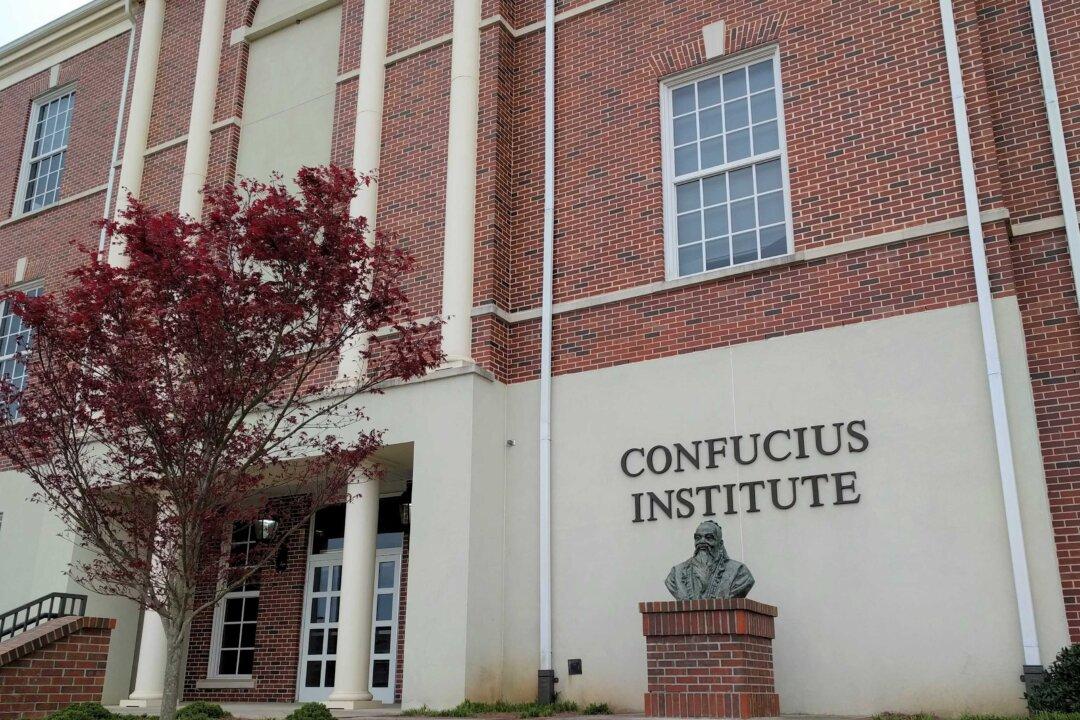Over 20 lawmakers have called for an end to the Chinese Communist Party’s (CCP) multi-billion-dollar overseas education program, saying it infringes on academic integrity and national security. The program has been carried out through CCP-run Confucius Institutes on U.S. campuses.
In a letter to Department of Education Secretary Miguel Cardona on April 7, the lawmakers called for an end to the institutes and their replacement with “censorship-free alternatives to support the instruction of Mandarin language and Chinese culture, specifically those offered by Taiwan.”





